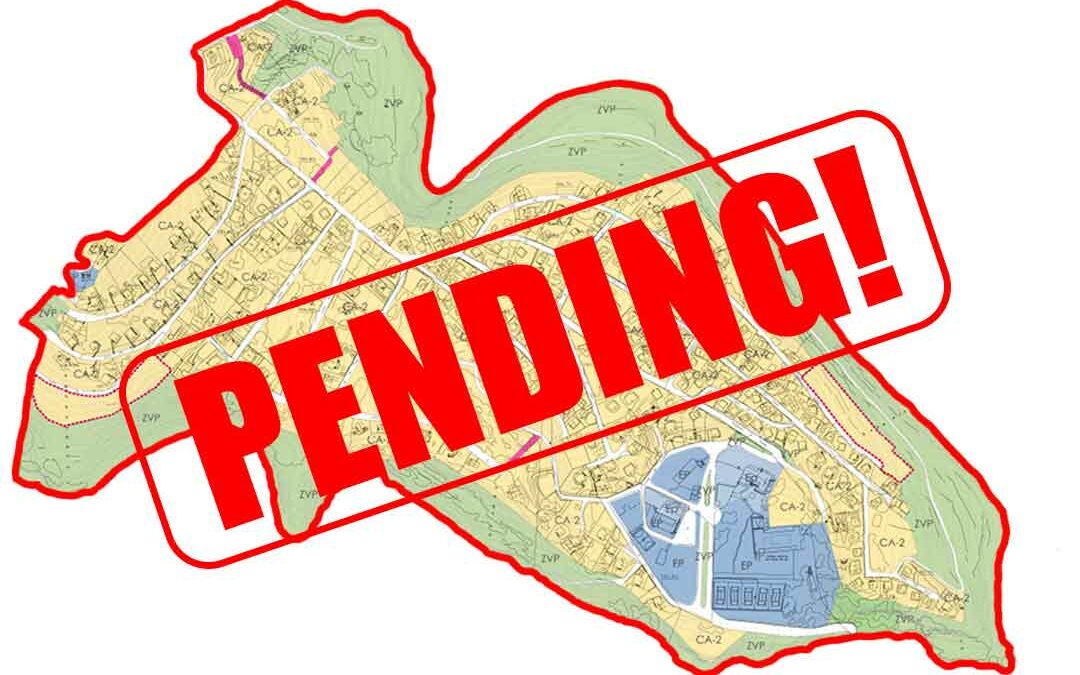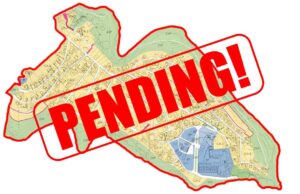A civic reflection on the project to rehabilitate Planas’ infrastructures and on the financial participation of its residents
A long-awaited project, but at what cost?
For several years, the Pratdip Town Hall has been referring to a major renovation project for the urbanisation of Planas del Rey: a complete renewal of the drinking water network, rehabilitation of the wastewater evacuation system, and restoration of the roads.
The total cost of these works is estimated at around 11 million euros — approximately 6 million for water and sanitation, and 5 million for roadworks.
The Town Hall has applied for a loan of €350,000 from a banking institution, presented as a first step towards carrying out these works.
But one key question remains unanswered: who will have to pay?
Between hope and concern
After years of promises and silence, many residents have welcomed these announcements with relief.
Repeated water cuts, the poor condition of the roads, and the lack of infrastructure maintenance have become unbearable.
But others, more cautious, fear that this project, if poorly managed, could result in a new injustice for property owners: having to finance works that normally fall under municipal responsibility.
A project still legally uncertain
Even before discussing financing, it must be remembered that the legal situation of the urbanisation remains unclear.
The reparcelación mentioned by the Town Hall has still not been validated by the cadastral register of Falset. Until this approval takes place, the boundaries of the plots and ownership of the land remain legally undetermined. This prevents any cadastral update and complicates the calculation of local taxes or the application for public subsidies.
Another rarely mentioned aspect adds to the confusion: the EUCC of Planas del Rey, although dissolved by court ruling in 2016, has never been formally liquidated. This situation leaves uncertainty regarding financial responsibilities and the actual ownership of the infrastructures. Until this liquidation is officially registered, the Town Hall can hardly take over the networks or initiate works without risking a challenge to their legality.
In other words, the announced renovation project is based on fragile administrative foundations. Before requesting any financial contribution from residents, it would be logical for the municipality to first clarify these essential points. Otherwise, any investment could rest on an unstable legal basis — and create a new injustice for the property owners of Planas.
For essential transparency and dialogue
It is worth remembering that Catalan legislation requires municipalities to provide minimum services to all their residents, regardless of the urban status of their area. Drinking water, public lighting, road maintenance, and waste collection are among these fundamental obligations.
The 2016 court ruling dissolving the EUCC also confirmed that the Pratdip Town Hall could no longer delegate these responsibilities to a private entity or demand specific fees from residents.
In this context, the rehabilitation of Planas del Rey should not be presented as a favour but as the correction of a delay accumulated over decades.
The rehabilitation of Planas del Rey is a necessity that no one disputes. But it must be carried out with clarity, respect for the law, and fairness among citizens.
Residents cannot be asked to contribute as long as the responsibilities of the Town Hall, the cadastral situation, and the liquidation of the former conservation entity remain unresolved.
It is now up to the municipality to present a clear timetable, a transparent financing plan, and a firm commitment to cost distribution.
Only under these conditions will property owners be able to support a common, fair, and sustainable project serving the full reintegration of Planas del Rey into the municipality of Pratdip.
Asociación Vecinos de Planes del Rei (SOSPlanes)







